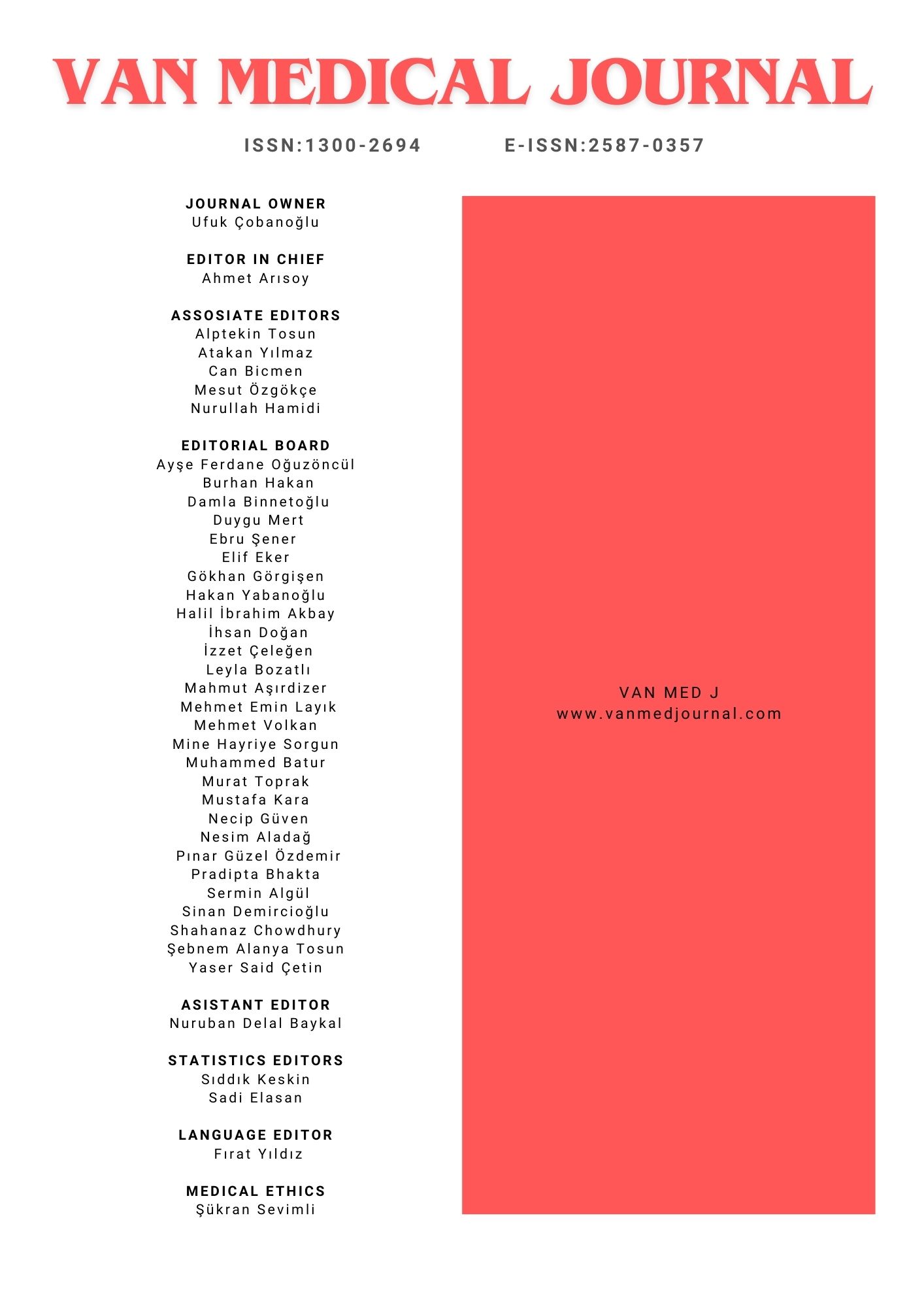The Association between Smartphone Addiction, Type D Personality Traits, and Insomnia in University Students
Hilal Uygur1, Ali Kandeger2, Ömer Pınar3, Ömer Faruk Uygur3, Ebru Erdoğan31Department of Psychiatry, Erzurum City Hospital, Erzurum, Türkiye2Department of Psychiatry, Selcuk University Medical Faculty, Konya, Türkiye
3Department of Psychiatry, Ataturk University Medical Faculty, Erzurum, Türkiye
INTRODUCTION: We aimed to investigate the mediating role of smartphone addiction in the relationship between Type D personality and the severity of insomnia.
METHODS: The study is a cross-sectional study conducted among university students. Participants completed a Sociodemographic Data Form, Insomnia Severity Index (ISI), Type D Personality Scale (DS-14), Smartphone Addiction Scale-Short Form (SAS-SF), and Subjective Vitality Scale (SVS). We compared the mean scores of the scales between individuals with and without Type D personality. A correlation analysis was performed between the scales and the mediating role of smartphone addiction in the relationship between Type D personality traits and insomnia severity was examined.
RESULTS: The study included 375 participants with a mean age of 22.10 ± 3.95 years, ranging from 18 to 53 years. The results showed that individuals with Type D personality had significantly higher scores on the SAS-SF and ISI, but lower scores on the SVS. We also found a significant positive correlation between smartphone addiction, Type D personality traits, and the ISI. Additionally, there was a statistically significant negative correlation between SVS and the other scales. Type D personality had a significant effect on ISI scores directly (path c; β = 0.119; p < 0.001; 95% CI = 0.07–0.16) and totally (path c + a x b; β = 0.148; p < 0.001; 95% CI = 0.10-0.19) as well.
DISCUSSION AND CONCLUSION: Type D personality traits and smartphone addiction should be questioned in the intervention of insomnia in university students, and specific therapies should be developed.
Manuscript Language: English

